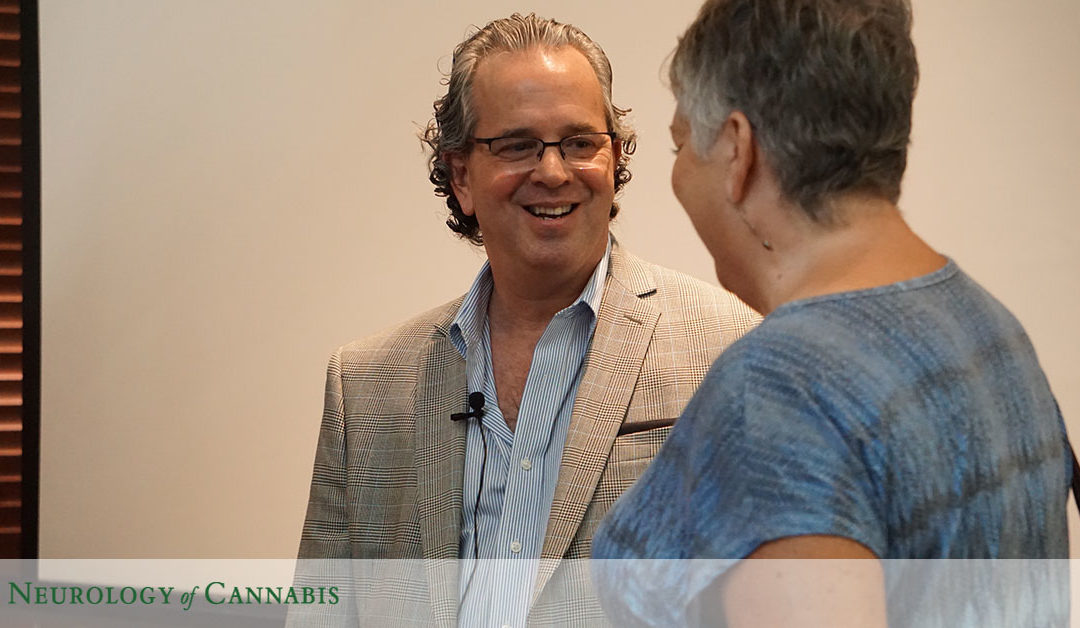One of the benefits of medical marijuana is that it stimulates hunger. Patients who are experiencing a loss of appetite, either due to a medical condition or the prescribed medications, may find the consumption of cannabis to be the solution.
There is a long list of conditions that may cause a loss of appetite. Some of these include:
- Anorexia nervosa: This eating disorder is characterized by weight loss, which can be severe and dangerous. Although very common, with more than 3 million cases per year, it primarily affects women between the ages of 18 and 35. Patients with anorexia have an overwhelming fear of weight gain, and significantly reduce the amount of food that they eat. They generally consider a very skinny, even skeletal frame as healthy and desirable. Once the patient is treated for the emotional aspect of the disease and begins to reestablish regular eating habits, medical cannabis may be used to stimulate a suppressed appetite.
- Heartburn: This painful condition is caused by acid reflux, which forces gastric juices from the stomach back up into the esophagus. These acidic juices cause burning and irritation in the throat and esophagus lining.
- Pregnancy: A common side effect of pregnancy is daily nausea (known as morning sickness), which can cause a lack of appetite. In extreme circumstances, doctors may consider utilizing medical cannabis to reduce dangerous degrees of vomiting and stimulate appetite, but the safety of using cannabis while pregnant is not settled science.
- Cold & Flu: When the immune system is fighting off a virus, it can become weak, and people may lose their appetite. Proper nutrition is typically considered necessary to regain health, so medical cannabis can help to restore appetite.
- Hepatitis: This liver disease often causes abdominal discomfort, nausea, and a loss of desire to eat. An identifying symptom of hepatitis is a yellowing of the skin and eyes.
- Anxiety & Depression: The brain chemistry of a person suffering from stress, anxiety, or depression often exhibits neuro-chemical reactions that can suppress appetite. Not eating is a prevalent symptom of depression. Medical cannabis can help both with relieving anxiety and stress, as well as stimulating a desire to eat.
- Thyroid Conditions: Hypothyroidism occurs when the thyroid gland no longer produces the hormones needed for proper metabolism; often resulting in a lack of appetite.
- Dementia and Parkinson’s Disease: These degenerative conditions are sometimes accompanied by disordered eating behaviors which can be normalized by cannabis therapy.
Cannabis, Cancer & AIDS
Cancer treatments are known for causing nausea and loss of appetite in patients, making medical marijuana a popular option for feeling better and keeping weight up at acceptable, more healthy, levels. Additionally, patients with cancer, aside from any treatment, often have loss of appetite and severe weight loss due to the tumor itself.
Although there are anecdotal accounts of patients claiming that they recovered from cancer by using medical cannabis, there is no a dearth of research to back that claim. However, there is research that supports the use of cannabis to ease side effects from cancer treatments, such as chemotherapy. These symptoms include pain, nausea, and vomiting, anorexia, and neuropathy.
People living with HIV/AIDS also often experience a loss of appetite, nausea, weight loss and diarrhea. One of the earliest indications for medical marijuana, which helped trigger the renaissance in cannabis therapy, was in HIV patients in the 1980’s. Because HIV results in immune deficiencies, the patient’s body is often susceptible to other medical issues. Secondary infections can cause a lack of appetite, further causing fever, fatigue, and nausea. Also, antiretroviral medication typically used for HIV treatment can cause severe side effects, including appetite loss.
If you are undergoing treatment for any of the above conditions and are experiencing appetite loss (or other uncomfortable side effects), ask your doctor for a referral to feel free to call the Neurology of Cannabis.
Dr. Daniel P. Stein can help you to determine if medical cannabis will help restore your appetite and assist with your overall well-being.

